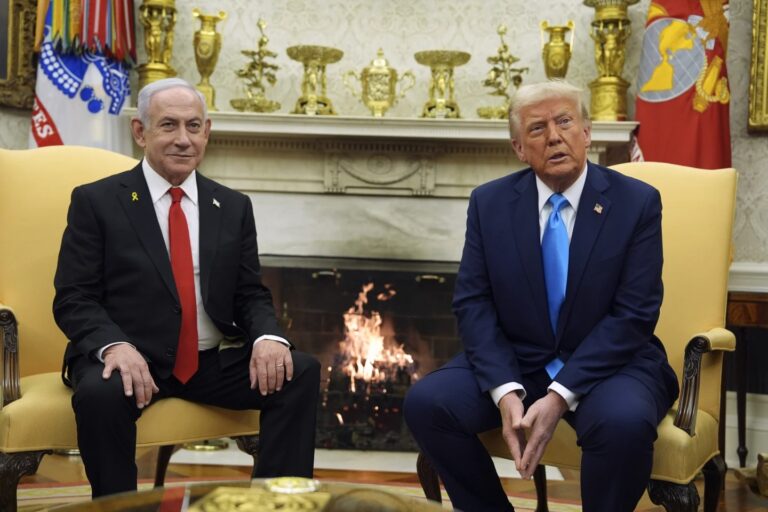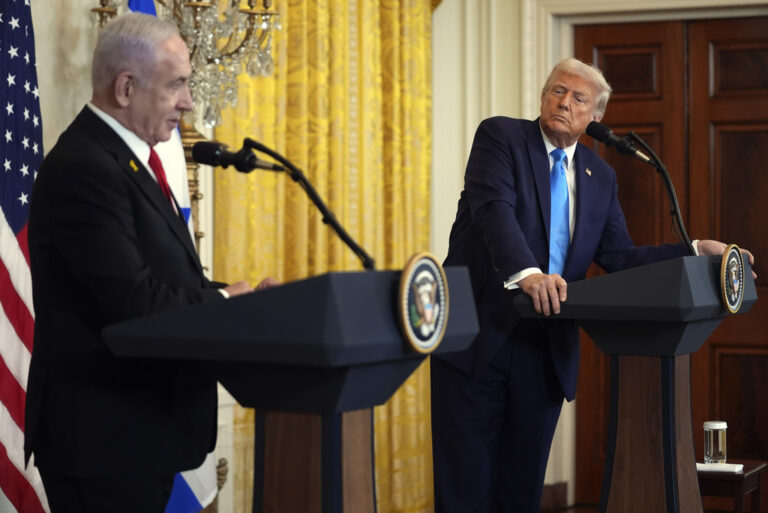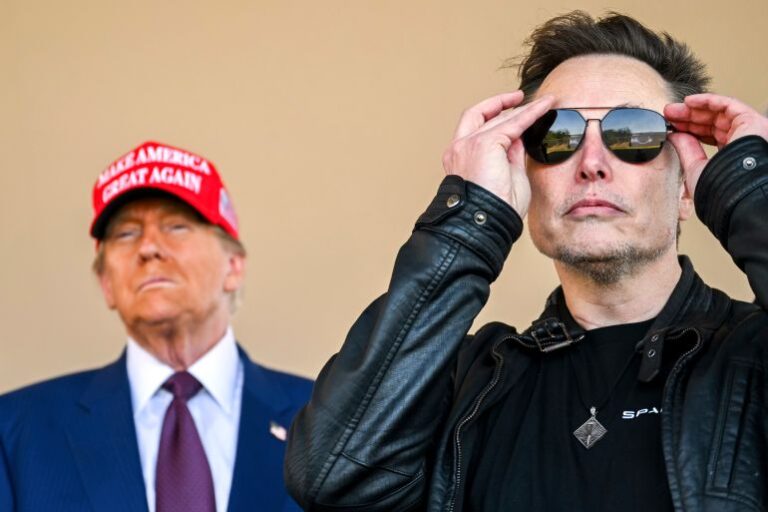The Federal Reserve’s first meeting under Jerome Powell’s leadership will likely end Wednesday with an announcement that the Fed will resume its modest interest rate hikes.
But investors will be most attuned to what Powell signals at his first news conference about whether and how he might steer the Fed’s policymaking differently from his predecessor, Janet Yellen. Will he, for example, be inclined to step up the pace of Fed rate hikes?
Powell hasn’t yet tipped his hand. Speaking to Congress last month, the new chairman said his “personal outlook” on the economy had strengthened since December, when the Fed’s policymakers collectively forecast three rate hikes for 2018, the same as in 2017. That comment helped send stocks tumbling because it suggested that the Fed might be about to accelerate the gradual pace it had pursued under Yellen. More aggressive rate increases would likely slow the economy and make stocks less appealing.
Yet when he testified to Congress again two days later, Powell tempered his view: He stressed that the Fed still thinks it has room to maintain a moderate pace of rate hikes, in part to allow Americans’ average wages, which have stagnated for years, to pick up. The impression was that he might not favor raising rates faster than Yellen did after all — at least not yet.
That said, few doubt that the Fed will announce when its policy meeting concludes that it will resume raising rates, after having most recently done so in December. A healthy job market and a steady if unspectacular economy have given the Fed the confidence to think the economy can withstand further increases within a still historically low range of borrowing rates.
The financial markets have been edgy for weeks, and Powell’s back-and-forth comments have been only one factor. A sharp rise in wage growth reported in the government’s January jobs report triggered fears that higher labor costs would lead to higher inflation and, ultimately, to higher interest rates. Stocks sank on the news. But subsequent reports on wages and inflation have been milder, and the markets appear to have stabilized.
The February jobs report pointed to an unusually robust labor market: Employers added 313,000 jobs, the largest monthly gain in 1½ years. The unemployment rate remained at a 17-year low of 4.1 percent.
Other measures of the economy, though, have been more sluggish. Consumer spending, the economy’s primary fuel, has slowed this year and has led many economists to downgrade their forecasts for growth in the January-March quarter. Some now envision an annual growth rate of just 1.7 percent for the quarter.
Forecasts for all of 2018, though, still predict an acceleration later this year, driven in part by the stimulative effect of the sweeping tax cuts President Donald Trump pushed through Congress in December and a budget agreement in January to raise government spending by $300 billion over two years.
If economic growth does pick up and the job market remains healthy, the Powell Fed is viewed as likely to accelerate its rate hikes, from the three it projected in December to four this year. Even after five rate increases over the past 27 months, the Fed’s benchmark rate remains in a still-low range of 1.25 percent to 1.5 percent, up from a record low near zero as recently as December 2015. The Fed’s slighter higher key rate has, however, contributed to higher consumer loan rates, including for home mortgages.
Some economists say they think Powell will try to demonstrate at the start of his tenure that he is serious about keeping inflation under control, a central responsibility for any Fed leader.
“Powell will want to make sure he establishes his credentials as an anti-inflation chairman,” said Sung Won Sohn, an economics professor at California State University, Channel Islands.
Besides announcing its rate decision Wednesday, the Fed will update its quarterly forecasts, which will show its expectations for growth, unemployment, inflation and the expected pace of its rate increases over the next three years. Even if the Fed doesn’t explicitly predict four rate hikes for 2018, it could effectively signal as much by upgrading its expectations for growth.
The Fed’s December estimate for economic growth in 2018, as measured by the gross domestic product, was 2.5 percent, an upgrade from its 2.1 percent forecast of three months earlier. Now, with the tax cuts and spending increases in place, might the Fed raise that growth forecast even further?
In his news conference after the Fed’s meeting ends, Powell will be able to shape perceptions of the central bank’s likely direction under his stewardship. It won’t be without risk. Any serious misstep could unnerve global financial markets. But Powell’s testimony to Congress last month drew strong reviews.
“Powell delivered a solid performance before Congress, worthy of William McChesney Martin,” said David Jones, an economist who has written books on the Fed, referring to the longest-serving Fed chairman, whose tenure stretched from 1951 until 1970. The plain-spoken Martin once suggested that the Fed’s key function was to take away the “punch bowl” just when the party is really warming up.
“Powell is well-prepared for this job, and I think he will be a Martin-type guy who will describe the Fed’s actions in plain, understandable terms,” Jones said.
(AP)











